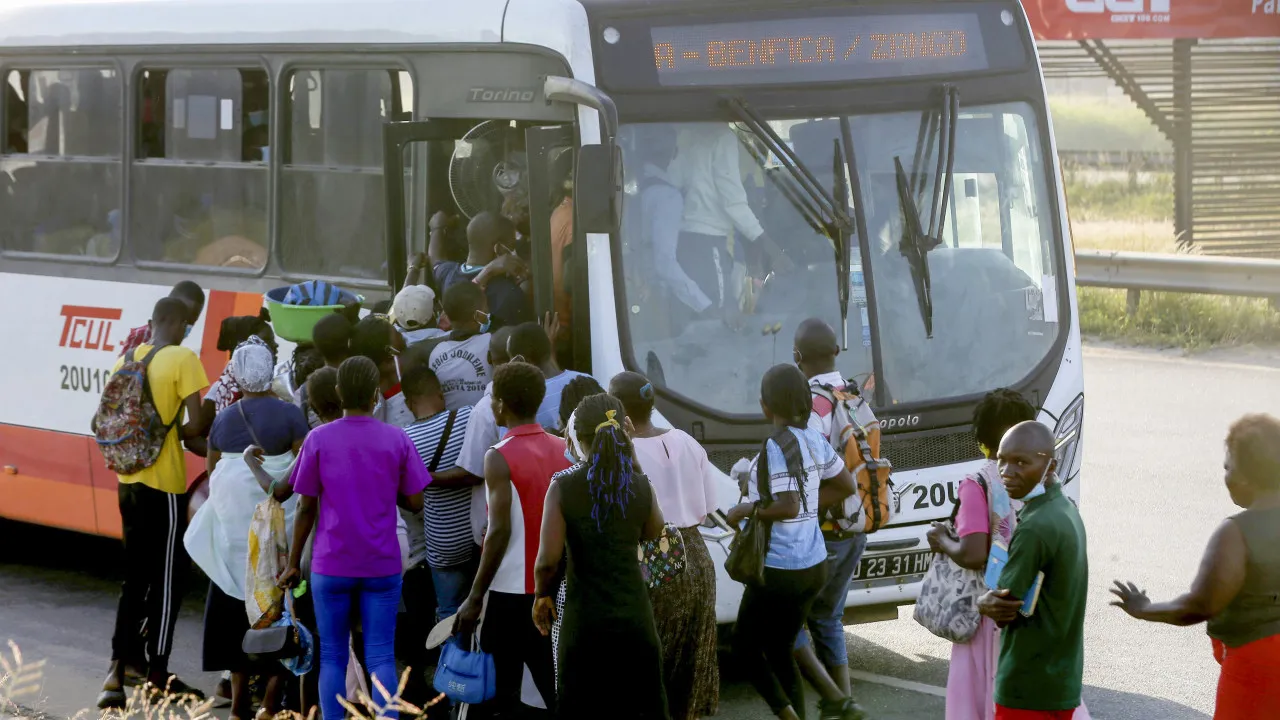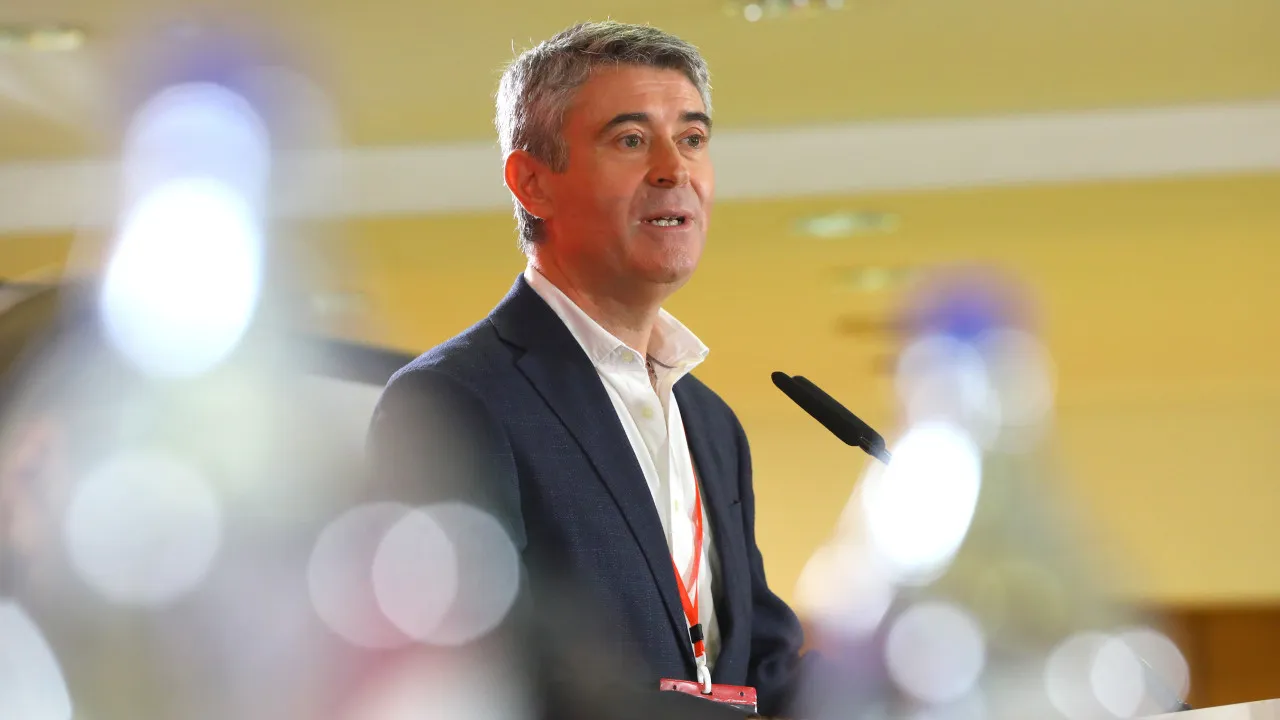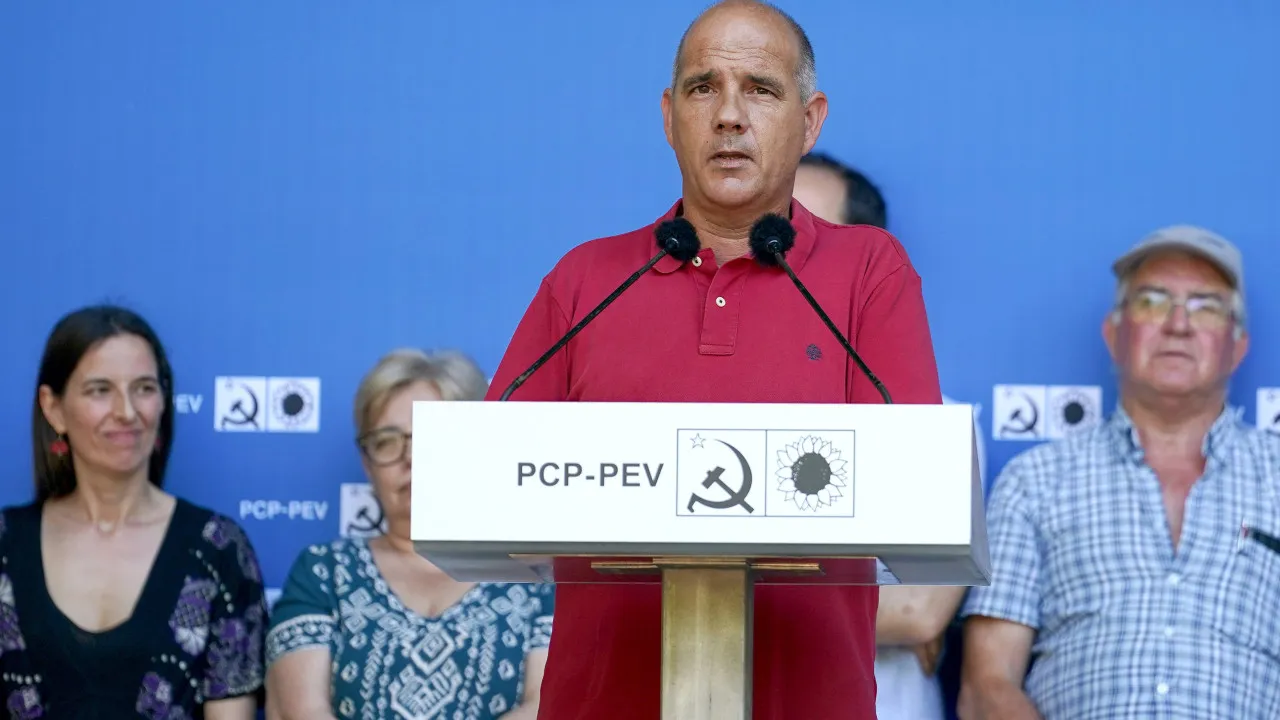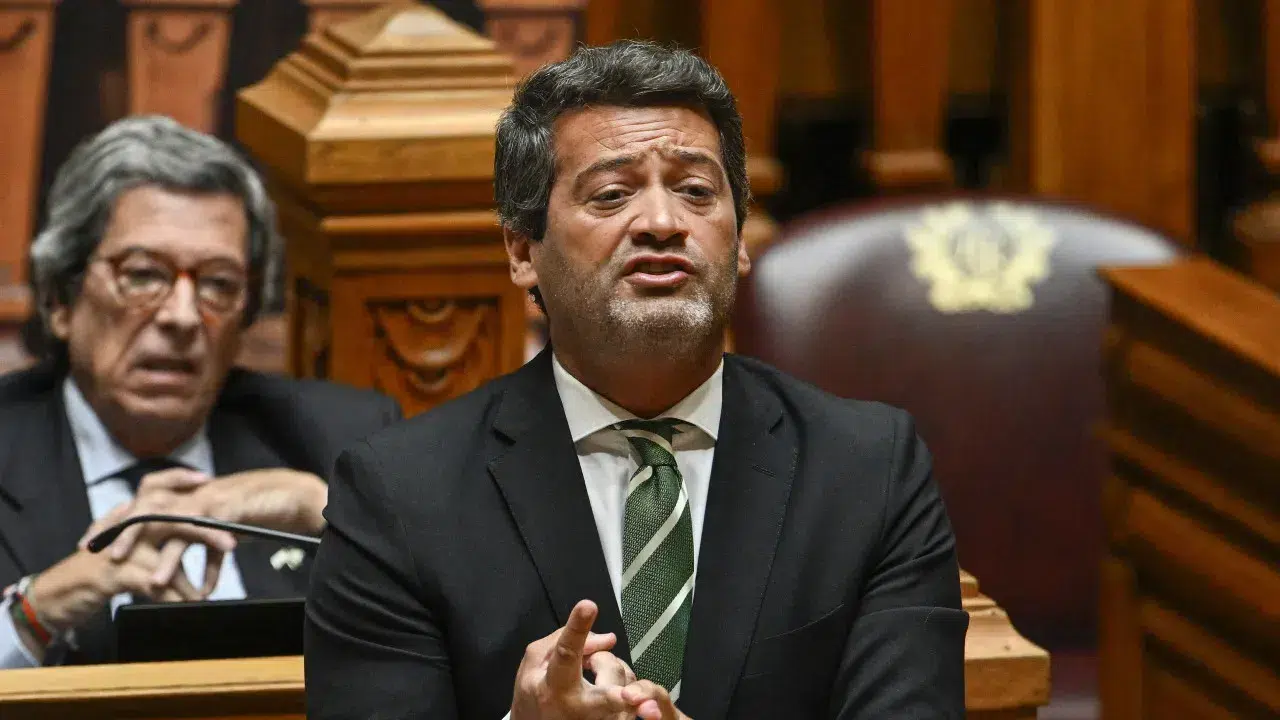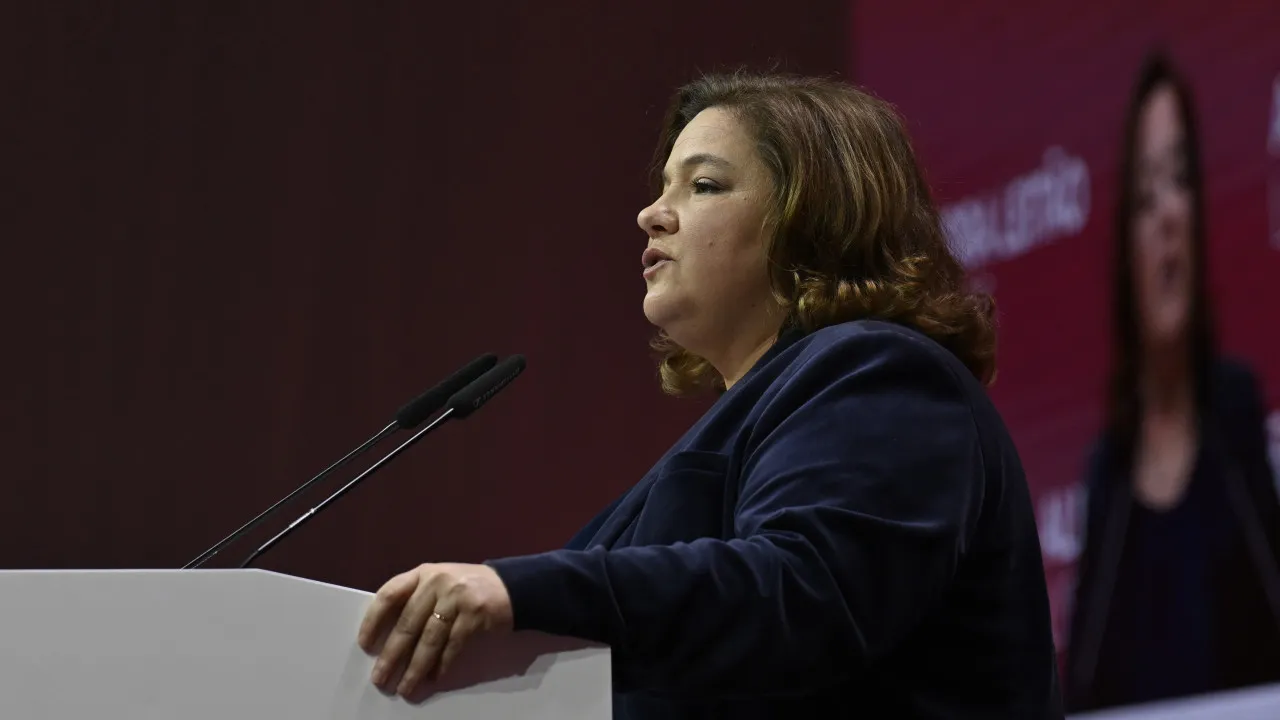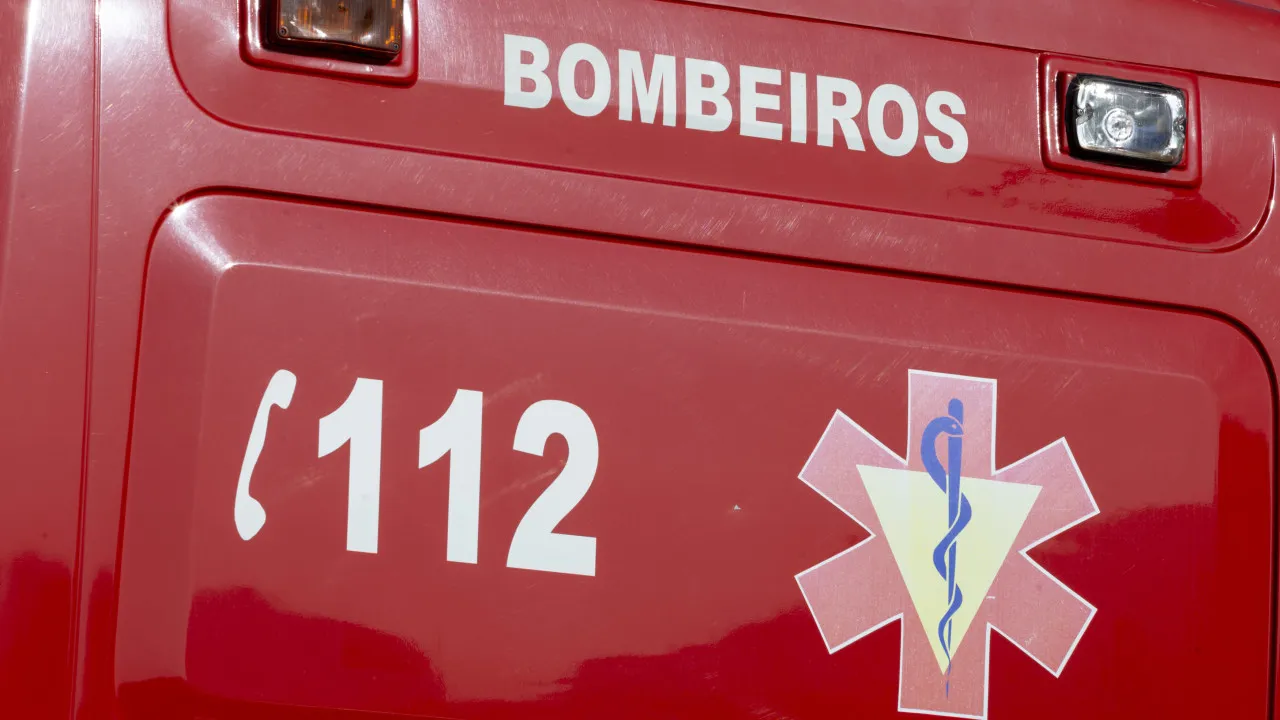The fourth measure regarding medically assisted death was passed in a final vote on March 31.
The President of the Republic, Marcelo Rebelo de Sousa, vetoed the fourth act of parliament that decriminalizes medically assisted death on Wednesday, requesting two clarifications from the legislature.
“Specifically, I ask the Assembly of the Republic to consider clarifying who determines a patient’s inability to self-administer lethal drugs and who should provide medical supervision during a medically assisted death,” the head of state wrote in the letter to the legislature.
Marcelo Rebelo de Sousa argues that “in a matter of such sensitivity and given the very brief parliamentary debate on the last two amendments, it seems prudent that all conceptual clarification be cautious, even by the step taken and its largely innovative nature in comparative law.”
The fourth parliamentary decree on medically assisted death was authorized in a final vote on March 31 and published in the Parliament Gazette on April 13 after the final wording was finalized.
In a note released by the President of the Republic regarding this veto, it is stated that “the President only addresses the addition introduced in this new version, which considers that the patient cannot choose between assisted suicide and euthanasia, as he can only resort to euthanasia when he is physically unable to practice assisted suicide.”
According to the head of state, “as a result of this innovation, it is important to clarify who recognizes and attests such impossibility” and “on the other hand, it is important to clarify who should supervise assisted suicide,” defining “which physician should intervene in either situation.”
“The President of the Republic believes that on a matter of this sensitivity, no doubts should be raised regarding its application,” the note continues. “He therefore requested that the Assembly of the Republic clarify these two points, especially since this solution is not comparable to the experience of other jurisdictions.”
In his letter to the Assembly of the Republic, Marcelo Rebelo de Sousa explains that the Constitutional Court, when declaring the previous version of the decree on this matter unconstitutional, considered that it was unclear whether “cumulative physical, psychological, and spiritual suffering” was required, or whether any one of the three would suffice to justify the use of medically assisted death.
“Now, the lawmaker has reinstated the original version of the norm, which simply referred to intense suffering without specifying its nature, but “decided to go further by changing two other norms pertaining to the relationship between assisted suicide and euthanasia,” he emphasizes.

The President of the Republic mentions that there were voting declarations by judges of the Constitutional Court in that ruling 5/2023 expressing “censure for the fact that the legislator did not establish any relationship between assisted suicide and euthanasia, and it appeared that a choice could be made between the two.”
“In this new version, the patient no longer has the option between assisted suicide and euthanasia,” the head of state explains.
At issue is the new rule adopted in the decree, which states that “medically assisted death can only occur through euthanasia when medically assisted suicide is physically impossible for the patient.”
In addition, Marcelo Rebelo de Sousa calls attention to a change “establishing that the administration of lethal drugs by a physician or health professional occurs when the patient is physically incapable of self-administering them.”
“This raises the question of who defines this situation,” said the President of the Republic. According to him, “the suppression of the choice between merely assisted suicide and euthanasia” now introduced raises “compatibility” issues with the remaining language of the decree.
The decree vetoed on Wednesday that regulates the conditions under which medically assisted death is no longer punishable, amending the Penal Code, was approved in Parliament in a final vote on March 31, with votes in favor from the majority of the PS bench, the Liberal Initiative, the Left Bloc, six PSD deputies, and the only PAN and Free deputies.
The majority of PSD deputies, Chega, the PCP, and five PSD deputies voted against the motion. There were two abstentions, one from a Socialist and the other from a Social Democrat.
This is the fourth decree authorized by parliament that removes criminal penalties for medically assisted death under certain conditions.
It is proposed that it can occur legally “by the decision of an adult whose will is current and repeated, serious, free, and informed, in a situation of great intensity of suffering, with a fatal injury of extreme gravity or a serious and incurable disease, when performed or assisted by medical professionals.”
When the first legislative initiatives on this subject arose, Marcelo Rebelo de Sousa, a devout Catholic, advocated for a lengthy and comprehensive public debate, but he distanced himself from the discussion by alluding to his role at the conclusion of the parliamentary legislative process.
Upon obtaining the first parliamentary decree on the subject, he forwarded it to the Constitutional Court, which declared it unconstitutional in March 2021 due to inadequate normative density.
In November 2021, when confronted with the second decree, the chief of state exercised a political veto due to its contradictory language.
Already during the current legislative session, upon obtaining the third decree from the legislature, he forwarded it to the Constitutional Court, which on January 30 declared it unconstitutional.


